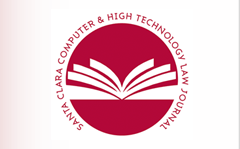Abstract
Much controversy has ensued over the current twelve-year data exclusivity period afforded to biosimilars, pursuant to the Biologics Price Competition and Innovation Act of 2009 (BPCI).
Many commentators speculate whether data exclusivity will overtake patents as the preferred method of intellectual property protection for new biologic drugs. A comparison of data exclusivity with the patent system, however, reveals few similarities and many differences. Moreover, legislative gaps and absent industry mechanisms leave a void that is a barrier to entry in the biosimilars market, referred to here as “regulatory impracticality.”
A survey was conducted with senior management at biopharma companies regarding data exclusivity as compared to patenting. Respondents indicated their perceived value in using patents to attract investment, their views of data exclusivity as effective protection, their preferred period of data exclusivity, a perception that patents provide better protection than data exclusivity, and an intent to continue or increase their level of patent activity.
This article also contains recommendations for statutory amendments to address regulatory impracticality. It also explains that, because of the limitations and uncertainties of FDA data exclusivity and its different yet complimentary characteristics with the patent system, it is likely data exclusivity will not supplant patents, but will be one more weapon in the fight for market share.
Recommended Citation
Vincent J. Roth,
Will FDA Data Exclusivity Make Biologic Patents Passé?,
29 Santa Clara High Tech. L.J. 249
(2013).
Available at: https://digitalcommons.law.scu.edu/chtlj/vol29/iss2/1
